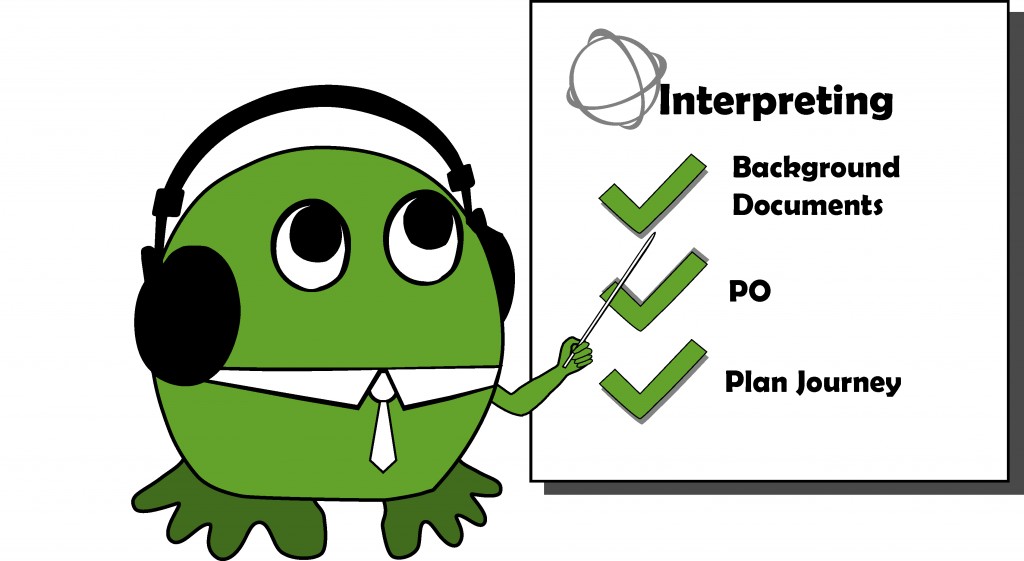Translation Agency Tips: #14 You’ve been offered an interpreting assignment by a client? What should you do next?

Thanks for checking out our blog series on tips for language professionals! While we appreciate that freelance linguists are of course experts in their respective disciplines, we’ve learnt a thing or two since we opened for business in 1991, and so we wanted to put together this list which will hopefully be of help to freelancers of all levels of experience. And if you have anything to add to the conversation, please leave a comment at the bottom of the page!
First thing to check (obviously) would be if you’re available for the interpreting assignment! A key part of freelancing is organising and managing your time effectively. You don’t want to confirm a booking only to find you can’t actually make the assignment. Keep an organised diary or calendar and once something is confirmed, block out the dates for this.
What will your interpreting assignment require?
Check what type of interpreting will be required. Often end clients have little understanding of the different types of interpreting, so make sure you know what you’re getting into! At Atlas, we have a checklist we ask inquiring clients to complete so we have all the information we need before sending a quote. Perhaps it is worth having a list of a few stock questions of your own to send clients asking about your services?
Payment
Is the rate right for you? Probably the most important thing to find out! We only ever offer our clients a daily rate for interpreting, with an hourly rate for any overtime agreed in advance. This way everything is agreed upfront and there are no surprises for the client when they receive the invoice. Check if your travel is covered, and if you have to stay somewhere overnight, if accommodation and subsistence is provided (it should be).
Location
Where is the assignment? Is it feasible for you to get there? If it’s a long way to travel, do you have any standing commitments on the day before or after? All things to consider before agreeing to take on an interpreting assignment. As we’ve already mentioned, be sure to check whether your travel costs will be covered.
Specialist Terminology
Will the knowledge of any specialist terminology be required, and what is the purpose of the interpreting assignment? Maybe you are the perfect fit for the job, but perhaps you lack the necessary expertise. It’s definitely worth clarifying this in advance, and avoid taking on anything in areas you’re uncomfortable – you could end up harming the relationship with your client and your professional reputation.
Supporting Documentation
Find out if there’s any supporting documentation for the interpreting assignment. Anything that will help you understand the situation better. If you work as a translator as well as an interpreter, you could offer your translation services to ensure consistency in the terminology of the written materials and your spoken interpreting.
Cancellation Fees
Have a cancellation policy in place and enforce this if necessary. At Atlas we try our best not to charge cancellation fees, but if a client cancels a booking at the last minute then it’s only fair that they pay in full. Make sure the client accepts your cancellation policy in advance of the booking and keep evidence of their written agreement of your terms, just in case!
Journey Planning
Lastly, once everything has been confirmed, plan your journey. Check for peak travel times and account for this. It is always better to be early. We ask interpreters to arrive at the assignment venue at least 15 minutes before the assignment is due to start to avoid being late at all. If you’re driving, check for road closures, and the nearest available parking facilities to the venue. If you have to pay for parking then these costs should be passed onto the client. We’ve had assignments where an interpreter was late because she couldn’t find anywhere to park and spent half an hour driving around a car park looking for a space. If you get there in plenty of time this shouldn’t be an issue, but by planning ahead you can avoid any such situations!














